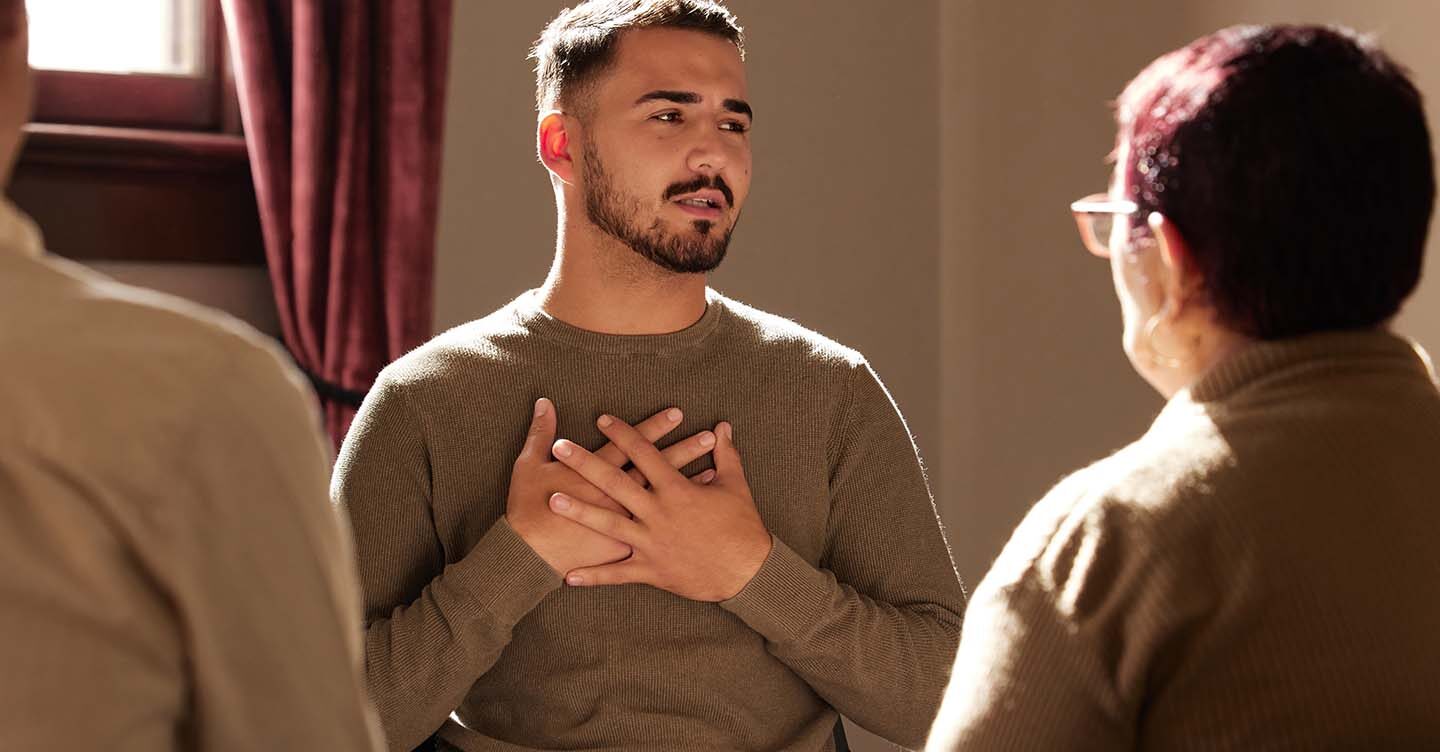Breaking the Chains: Understanding Financial Abuse in Domestic Violence

In the harrowing landscape of domestic violence, physical and emotional abuse are widely acknowledged. However, there exists another equally damaging form of abuse that often goes unnoticed: financial abuse.
What is Financial Abuse?
Financial abuse is a tactic used by abusers to manipulate and control their partners’ finances, thereby limiting their autonomy and freedom. It can take various forms, including:
- Control of finances: The abuser controls all financial resources, such as bank accounts, credit cards, and income, leaving the victim with little to no access to money.
- Sabotage: The abuser may sabotage the victim’s efforts to work or pursue education, jeopardizing their financial stability and independence.
- Forced debt: They may accumulate debt in the victim’s name, leaving them financially burdened and powerless.
- Monitoring spending: The abuser restricts the victim’s spending, creating a sense of surveillance and fear.
Impact and Prevalence
Financial abuse serves as one of the main barriers to leaving an abusive relationship. Without access to financial resources, victims often find themselves trapped, unable to afford basic necessities, let alone escape from their abusers. The fear of homelessness, poverty, and further violence looms, making the prospect of leaving seem overwhelming. While studies have shown that up to 99% of domestic violence survivors experience financial abuse at some point during their relationship, it is often overlooked by both victims and service providers, highlighting the urgent need for awareness and intervention.
The repercussions of financial abuse extend far beyond the confines of the abusive relationship. Survivors may face long-term financial insecurity, damaged credit scores, and difficulties securing employment or housing. Moreover, the trauma inflicted by financial abuse can linger, affecting survivors’ self-esteem, mental health, and ability to trust others.
Financial Empowerment and Steps to Independence
Despite the challenges posed by financial abuse, there is hope for survivors to reclaim their autonomy and rebuild their lives. Financial empowerment is key to breaking free from the cycle of abuse. Here are some initial steps toward achieving financial independence after leaving an abusive relationship:
- Locate important documents: Gather essential documents such as identification, financial records, and legal papers, and store them in a safe place.
- Establish independent accounts: Open a separate bank account and update your mailing address to prevent important financial information from ending up in the wrong hands.
- Monitor your Credit: Obtain a copy of your credit report and report any fraudulent activity immediately. Consider a fraud alert or freeze to protect your credit from further or future misuse.
- Update your passwords: Update the passwords on all of your online accounts, and contact utility companies, wireless services, and other providers to secure your private financial information with special PIN codes.
- Utilize community resources: To further support your journey towards independence, take advantage of community resources such as job training programs, childcare services, and housing assistance.
Financial Empowerment Classes: A Path to Independence
“At St. Jude House, we understand the critical role financial empowerment plays in helping survivors of domestic violence regain control of their lives. That’s why we’re proud to offer weekly Financial Empowerment classes, made possible in collaboration with Centier Bank, a trusted community partner dedicated to supporting survivors on their journey towards financial independence.
These classes provide survivors with essential financial education, tools, and resources to rebuild their financial well-being and pave the way for a brighter future. Through interactive sessions, participants learn about budgeting, saving, managing debt, building credit, and available banking services. By empowering survivors with financial knowledge and skills, we’re equipping them with the tools they need to break free from the cycle of abuse and thrive on their own terms.
Together, we’re forging a path towards a future where financial independence is within reach for all survivors.” – Ryan Elinkowski, Executive Director
